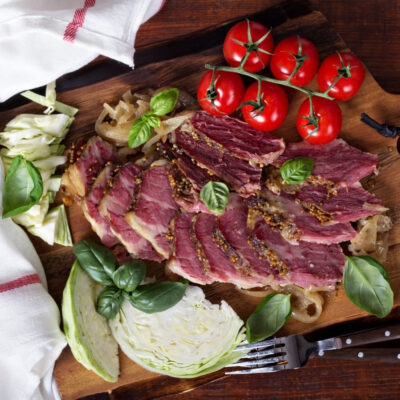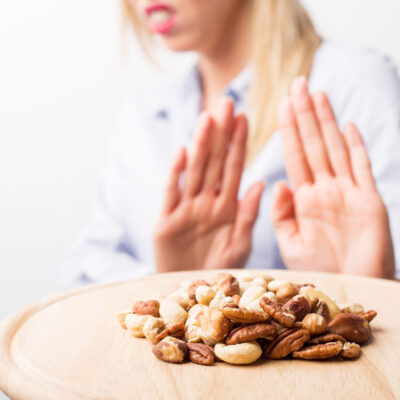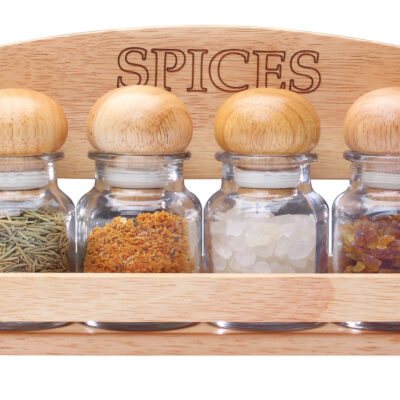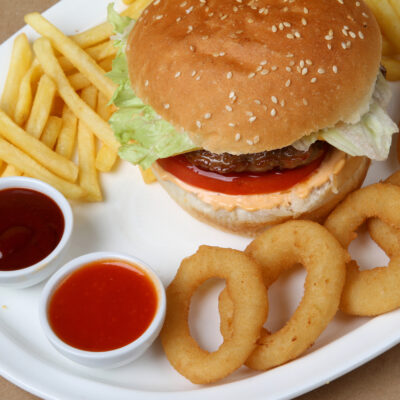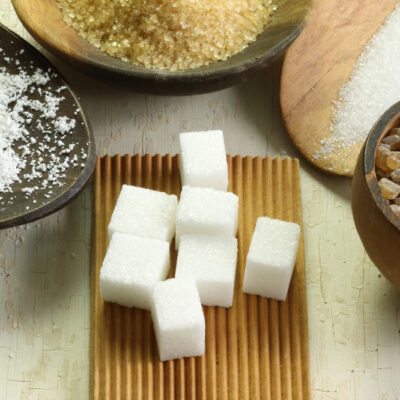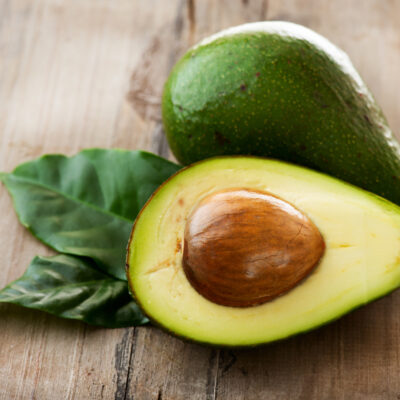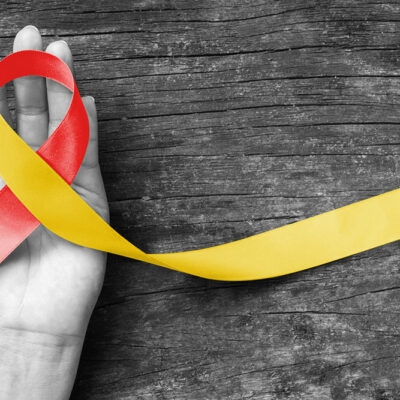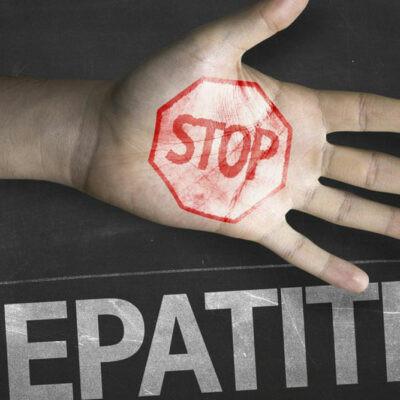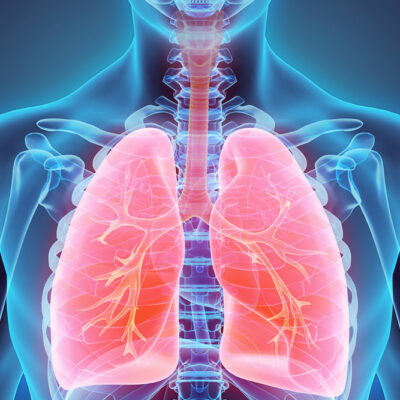
Food
6 Superfoods for Radiant Skin
What you consume is a contributing factor to your skin health. Therefore part of essential skincare is consuming the right foods (i.e., foods high in vitamins A, antioxidant rich foods, healthy fats, vitamin C, vitamin B, selenium, drink plenty of water, etc.). The result of a healthy diet means your skin will get maximum protection against any damage from the sun, diminish any signs of aging, and provide maximum elasticity. Here are some superfoods that can help you maintain radiant skin: 1. Green tea Green tea contains polyphenols that reduce the productions of sebum in the body, and as a result, it helps in the prevention of acne. As one of the antioxidant rich foods with Catechins, the tea also contains Vitamin A, antimicrobial and anti-inflammatory properties, which contribute to treating skin that is oily and has acne. Experts also found out that drinking green tea 5-6 cups in a day would help prevent a person from getting skin cancer by repairing rapidly damaged DNA. 2. Brazil nuts Besides genetics, the primary source of a person’s skin with dark circles can be because of lack of sleep and aging. As time passes, the skin will lose its thins and collagen.
Read More 